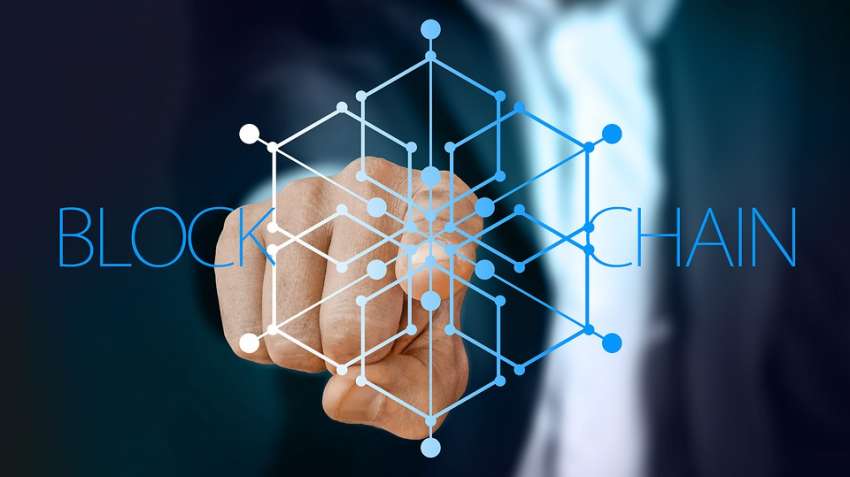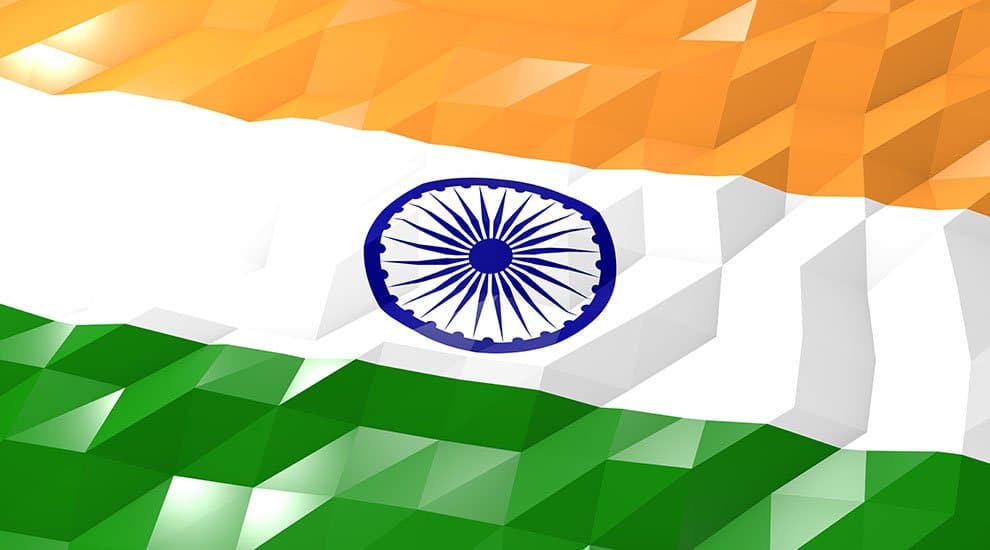According to the world economic forum, India currently has approximately 1.34 billion individuals or about 18% of the world’s population. In 2016, Narendra Modi the Indian prime minister declared that the country’s two highest value banknotes would stop being licit tenders. Individuals who had the notes were to take them to the bank.
Imperfect as the idea might have been for ordinary Indians, there were bright spots for advocates of a moneyless economy. The WEF announced that the number of modern payments in India maximized following the cashless strategy. It was a plus to the administration, who now would have expanded the capacity to trail the movement of cash inside the economy. The extension in current deals in India led to a big plus for blockchain processes.
Blockchain in India
In India, blockchain is currently not a popular topic. Around 0.5% of the individuals in India are involved in bitcoin, the currency that familiarized the blockchain idea. Nevertheless, on a higher level, plenty of effort is happening to incorporate blockchain technology into different segments of the economy, such as the health and financial sectors.
The ICIC Bank in 2016 reported that it had accomplished a trans-border transaction performed on a blockchain. Following a published report by the IDRBT, India could use the blockchain to modernize its national currency, the rupee.

Blockchain and cashless economy
If in any case, the Indian system wants to improve its cash-free economy, it requires to find enduring remedies to the provocations challenging the spread of a cash-free economy. Some of these provocations include transaction costs, high system, and financial inclusion. Due to a significant section of the Indian system being informal, there’s still a large chunk of the citizens that don’t rely on customary financial organizations for financial services.
For anyone to run a cash-free economy, you will need a substitute to orthodox financial facilities. This is where blockchain becomes essential. The blockchain technology nearly wholly removes the need to use conventional commercial systems.
Fees and transaction costs
The Hindu announced that Indian customers are going back to cash-based payments, n account of huge digital transaction fees and remonetization. This makes way for an affordable way of managing deals. Once more, blockchain fits perfectly.
Transaction times with blockchain
If a cash-free nation is ever going to be established, it should have a real-time property to do it. Current technologies have executed an excellent job in minimizing the wait periods between when a deal is completed and when the cash becomes attainable.
Building on the current stream in digital transactions in India, several blockchain platforms like Bitindia, are improving to help the growth of digital operations in India. Bitindia has modern wallets that can accommodate cryptocurrencies.
Conclusion
In conclusion, blockchain has created a cryptocurrency interchange in various parts of India. It aims to assist the ordinary Indian to accept the digital transactions, solving the issues of financial insertion and transaction periods in one program.
